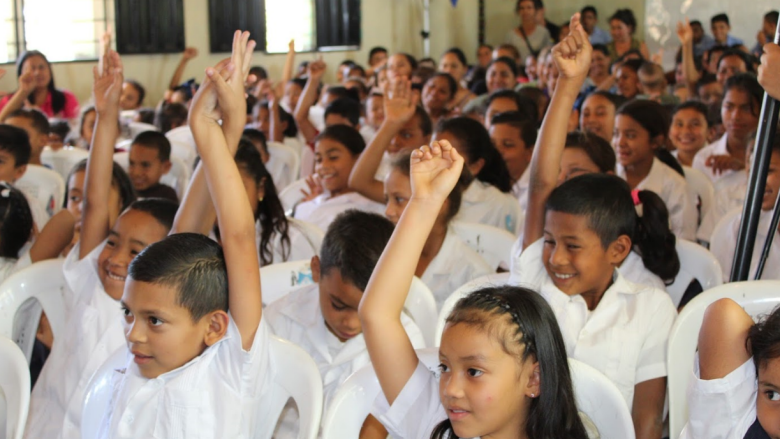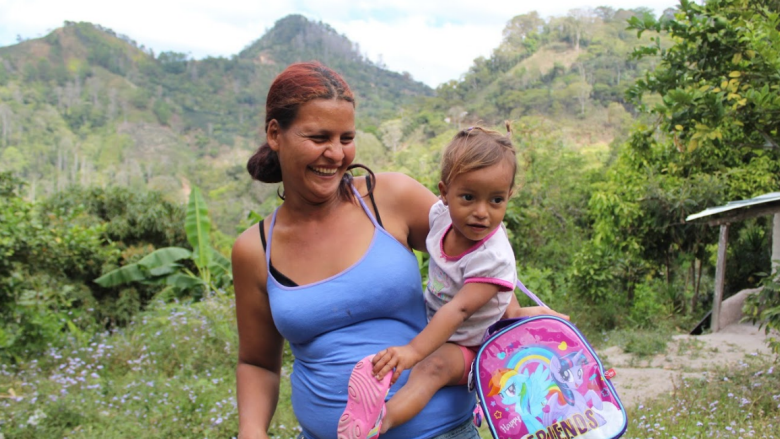Challenge:
In the past 40 years, Honduras experienced modest economic growth rates, which did not keep pace with the country’s high population growth. This resulted in high poverty rates and high levels of inequality.
In 2013, national poverty estimates indicated that 55.6 percent of rural households were living in extreme poverty (vs. 29 percent in the urban areas). Rural households and indigenous communities, which accounted for 46 percent of the population, are disproportionately affected by poverty.
Poverty in rural areas was reflected in the population’s poor human development outcomes. Less than a third of the children living in rural areas completed secondary school, and nearly a quarter of all Honduran children under-five were stunted with large disparities between income levels.
Approach:
The Conditional Cash Transfer Program provides cash to extremely poor households, depending on the number and age of children in a household. The estimated transfers received per household was L. 5,500 (US$225) per year with the maximum of L. 10,000 (approx. US$ 500 in 2015). Health grants were provided to children 0 to 5 years old who fulfilled and received complete childhood immunization; and education grants were provided to children to attend primary and lower secondary school.
The program also invested in establishing the essential delivery systems, including the management information system (MIS), compliance verification mechanism, the social registry for poverty targeting called the Unique Registry of Participants, grievance redress mechanism, and an improved payment mechanism.
Results:
By 2018, the conditional cash transfer program has been firmly established as the flagship social assistance program in the country. The program provided cash transfers to 234,000 households as of June 2018. During the highest point of coverage, the program covered 8,700 households from indigenous and Afro-Honduran population. Over 90 percent of the grantees of the program are women.
Randomized evaluations that were conducted in 2013 and 2017 showed significantly positive results in improving health and education outcomes of children in beneficiary households as well as poverty reduction.
Impact evaluation conducted in 2017 found that compared to poor households who were not beneficiaries of the program, poverty rate (according to the national poverty line) of cash transfer beneficiaries was reduced by 17 percent from the poverty rate of 71.8 percent; poverty gap was reduced by 27 percent.


